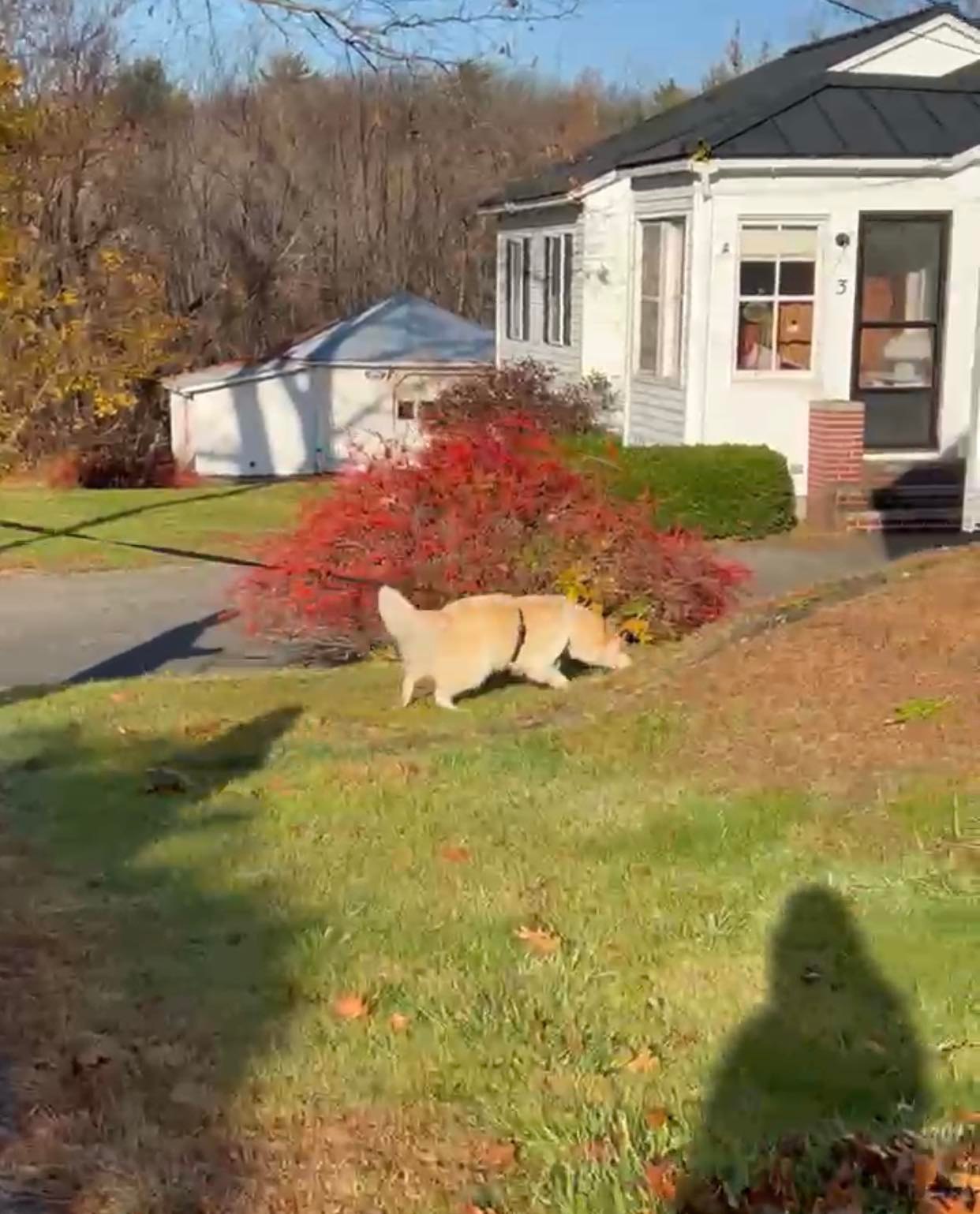
Pet Detective - Finding Lost Pets
In traditional Search and Rescue work, trained search dogs sniff out missing people following each person's distinctive scent. It is no different with lost pet detection work. Each pet has a unique smell, just like humans. Training a dog to find a lost pet is all about the nose.
"I trust my search dogs more than I do a sighting," says Oklahoma-based Karen Goin. "There’s no doubt about it, the nose knows.”